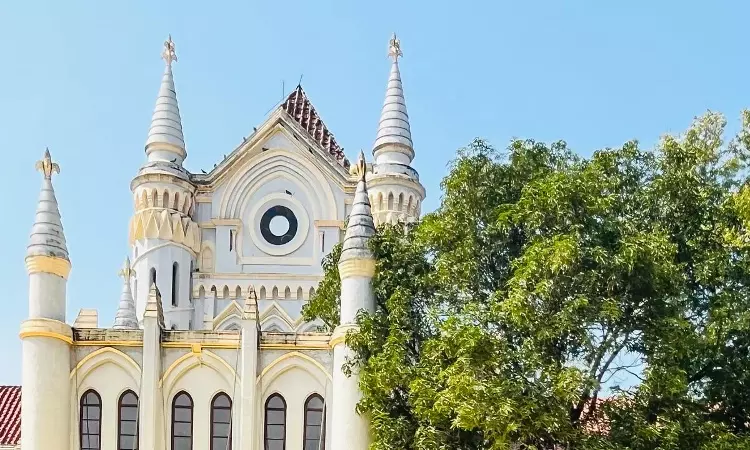In a plea for grant of family pension of Lokayukta members, the Jabalpur bench of the Madhya Pradesh High Court on Thursday questioned the State for not examining the petitioners' case in respect of amendments made to the Rules under the state Lokayukta Act, noting that the pendency of the plea could not have been a reason for not taking action. In doing so, the court directed the respondents...

